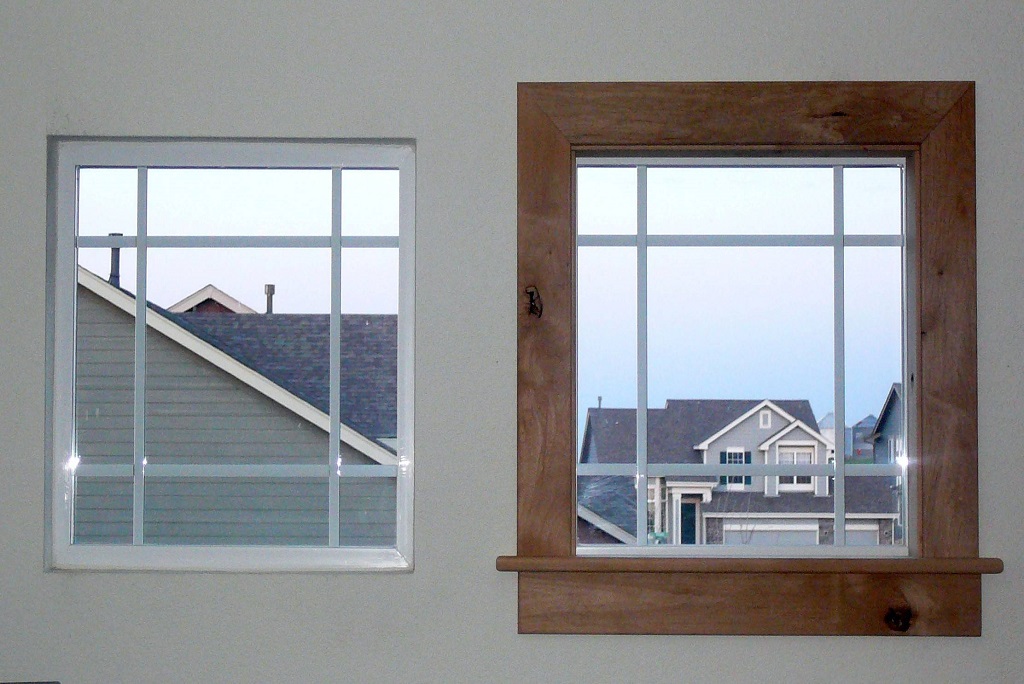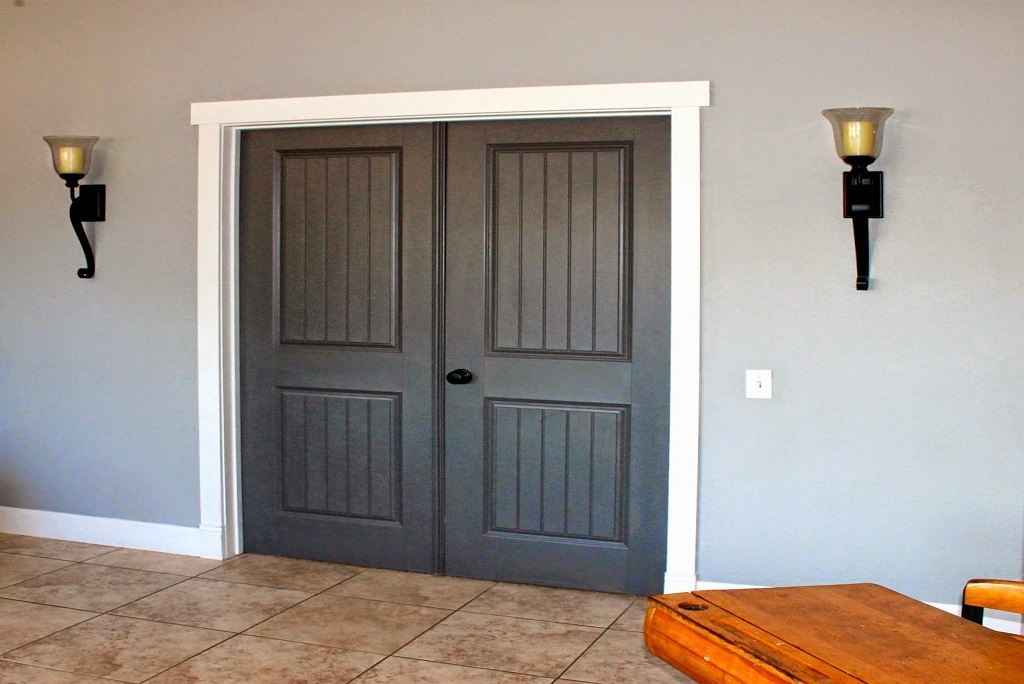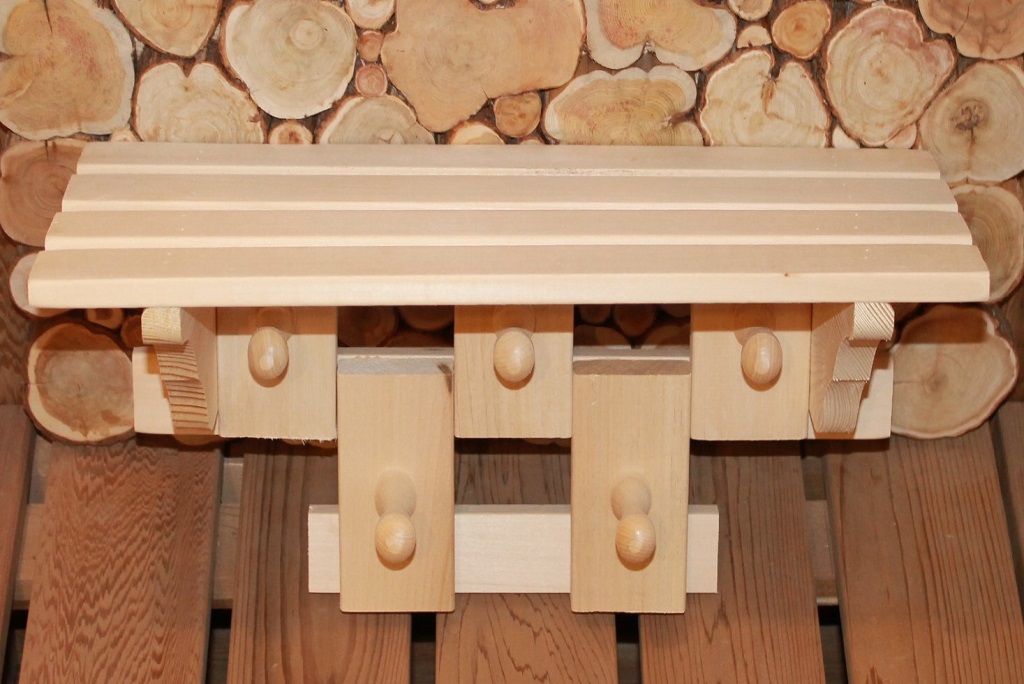
A DIY cased opening trim design can be a terrific way to enhance the look and value of your room whether you are remodeling your house or creating a new one. You can install your own door casing and trim to give your property a unique design with a few basic tools and materials. Making ensuring your project is constructed with the proper materials can help it last for many years.
Door trim with butts
Casing your doors is a simple DIY that will improve the appearance of your house. There are many different casing varieties available, so pick one that appeals to you. These consist of mitered, rippling, and colonial styles. Selection of your chosen style depends on its sizing and matching your existing trim.
To give the hinges room to move, it’s a good idea to leave a quarter-inch gap at the edge of your door opening. Additionally, it will make it possible for the casings to fit together freely.

To finish this straightforward project, you’ll need a few essential supplies. A measuring tape, a pencil, and some liquid nails are required. The Home Depot sells reasonably priced kits if you’re unsure what to buy.
The door or window opening should be measured. To choose the appropriate size of boards, you must know how big the opening is. Make sure the casings match the other window trim in the space to maximize your investment.
The casing can be installed either on the inside or outside of your door frame. Sand the inside of your door frame to make it smooth if you’re installing the casing on the outside.
Floured casing
Anyone can complete the straightforward project of adding casing to a door, and the finished product looks great in any house. The nicest thing about this do-it-yourself job is that it will cost you roughly 50% less than hiring a pro.
Choose a few of the common door trim styles, such as baseboard, crown moulding, and door sills, to get started. Before you begin, make sure you measure each variety. You will be guaranteed to get the proper size and form if you do this. For instance, you ought to purchase longer boards to accommodate expansion.

The area that you want to trim should be measured for height and width. When trimming a door, for instance, you should take a measurement from the floor to the top of the door frame. When you have these measurements, you may begin to construct the casing. To complete the task, you can combine butt joints, rosette blocks, and liquid nails.
You should also think about including extra elements like a cove or a back band. These accessories can significantly alter the way your room looks and feels.
The most crucial thing to keep in mind is to leave a quarter-inch space all the way around your aperture. Consequently, you’ll be able to place a lovely finish on the casing.
Mitered casing
There are a few elements to take into account before you start choosing the ideal door trim style, which can be a little intimidating. The most crucial thing to keep in mind is that it is better to select a style that complements the exterior and current window trim of your property.
Butted joints, ripple effect casings, and mitered casings are a few prevalent designs. All of these patterns contain numerous layers of various sizes. They are a fantastic method to give your door trim depth and interest.
Having correct mitres is essential for successful casing. If you’re unsure, you can use a test piece to acquire the desired look if you’re not sure.

Two side casings and a broad head casing are required for butted joints. The casing that sits on the side casing boards’ flat tops is known as the head casing. In order to make the upper corners more attractive, you can also utilise decorative blocks.
High ceilings can benefit from the butted joint. Your eyes are drawn upward by its broader header casing. In residences built during the Victorian era, butted door frames are common.
Use a plinth block or rosette block to provide a more formal appearance for a more classic design. Both butted and mitered casings frequently have these ornamental components.








